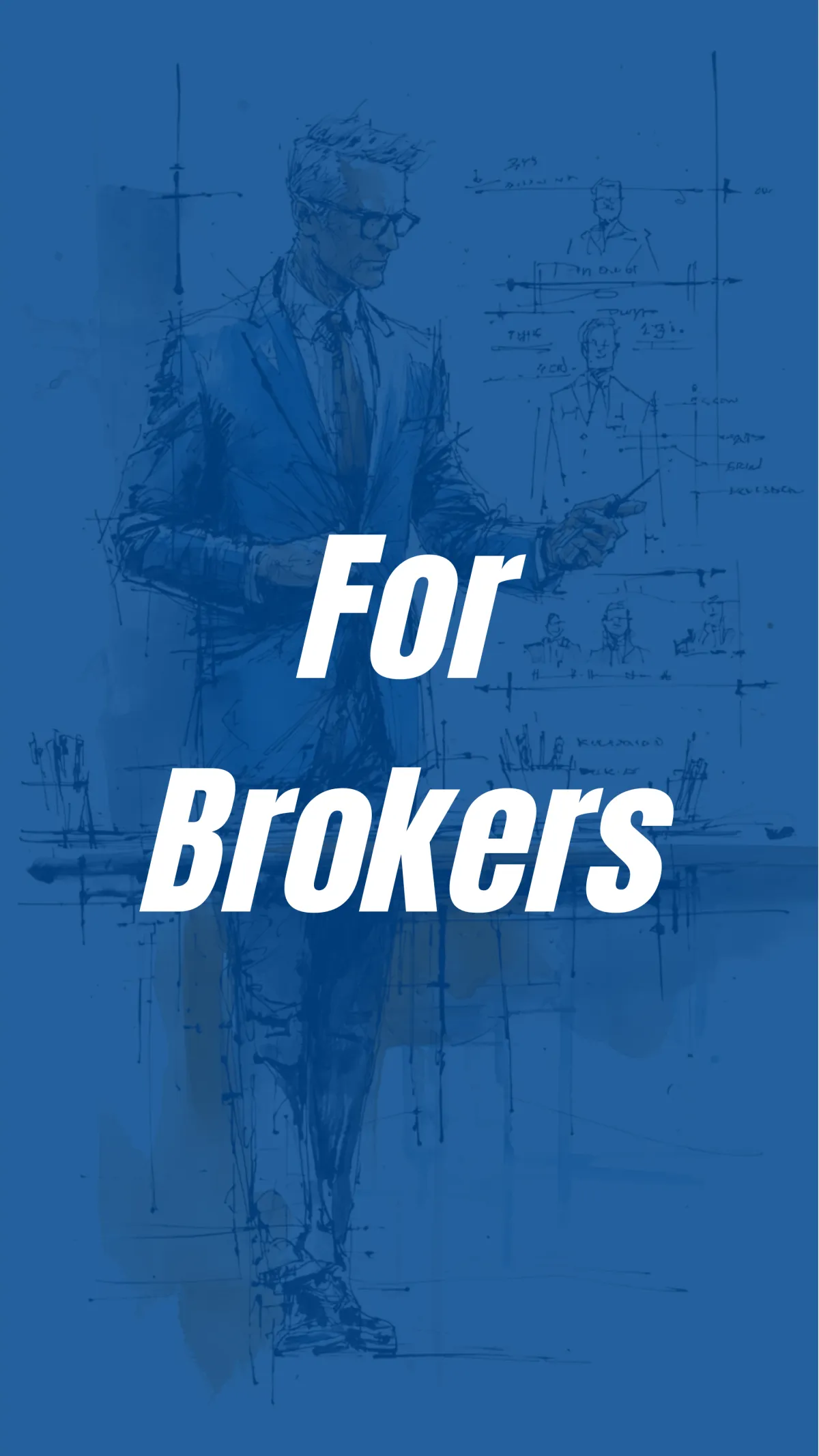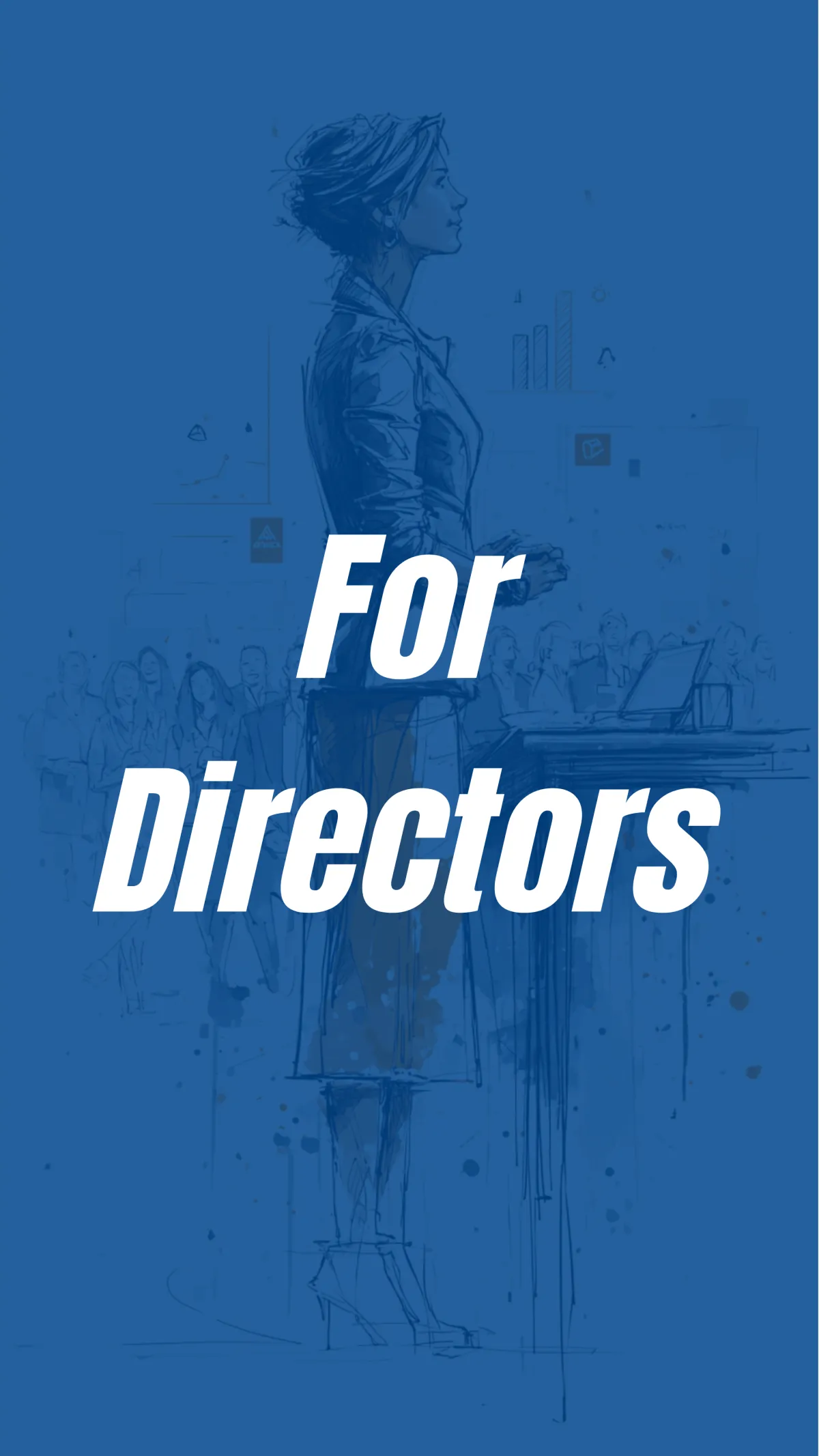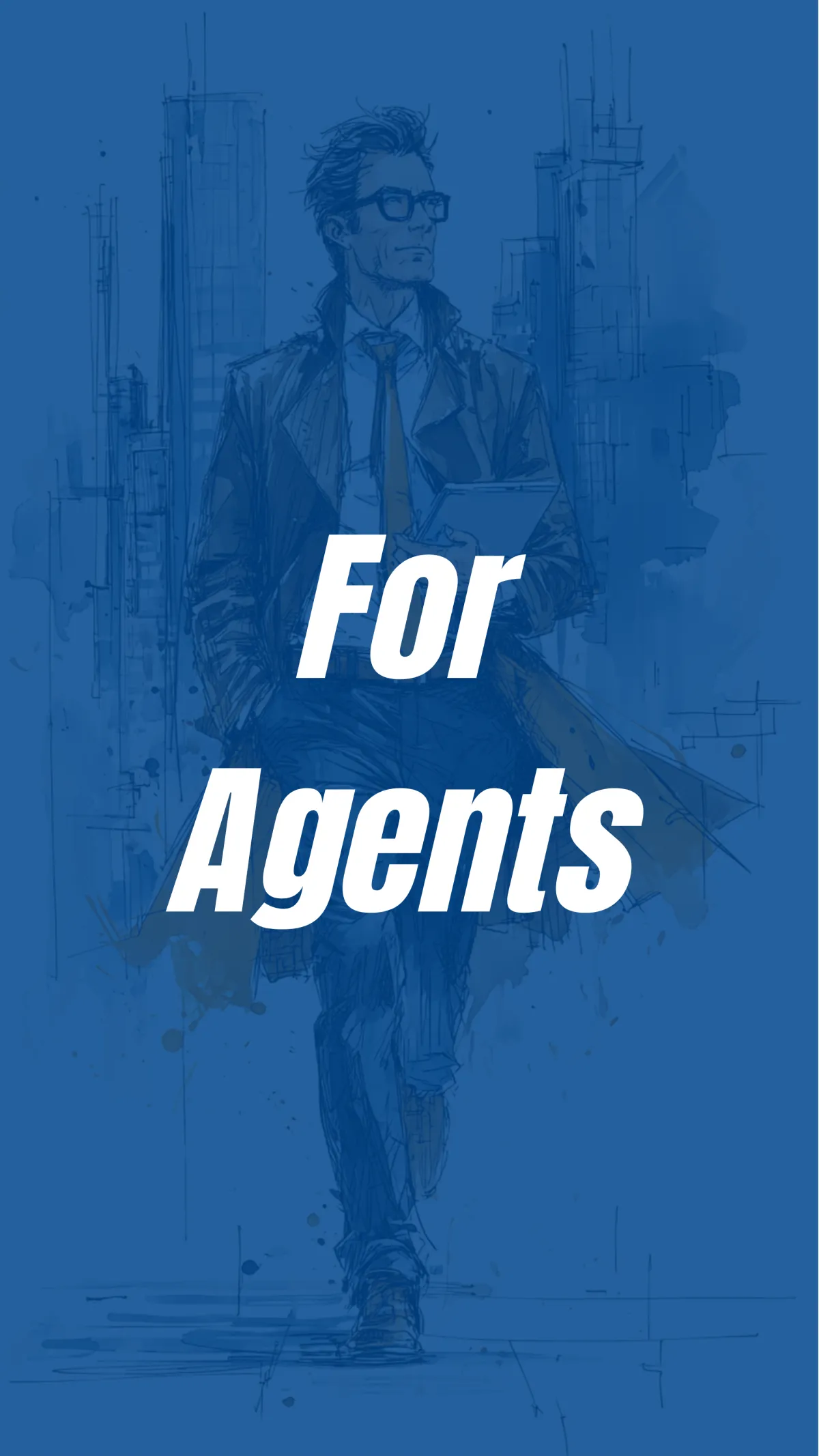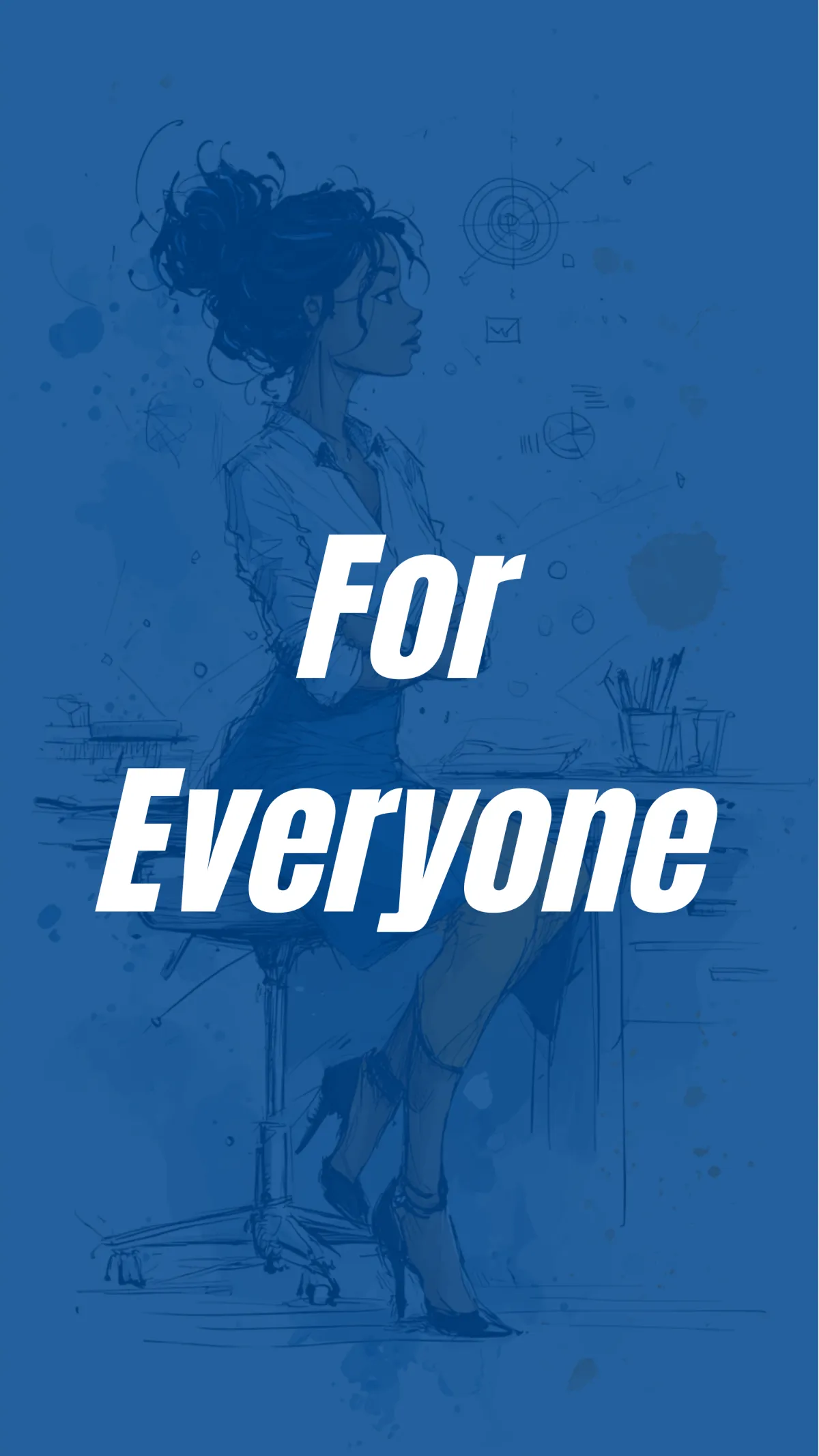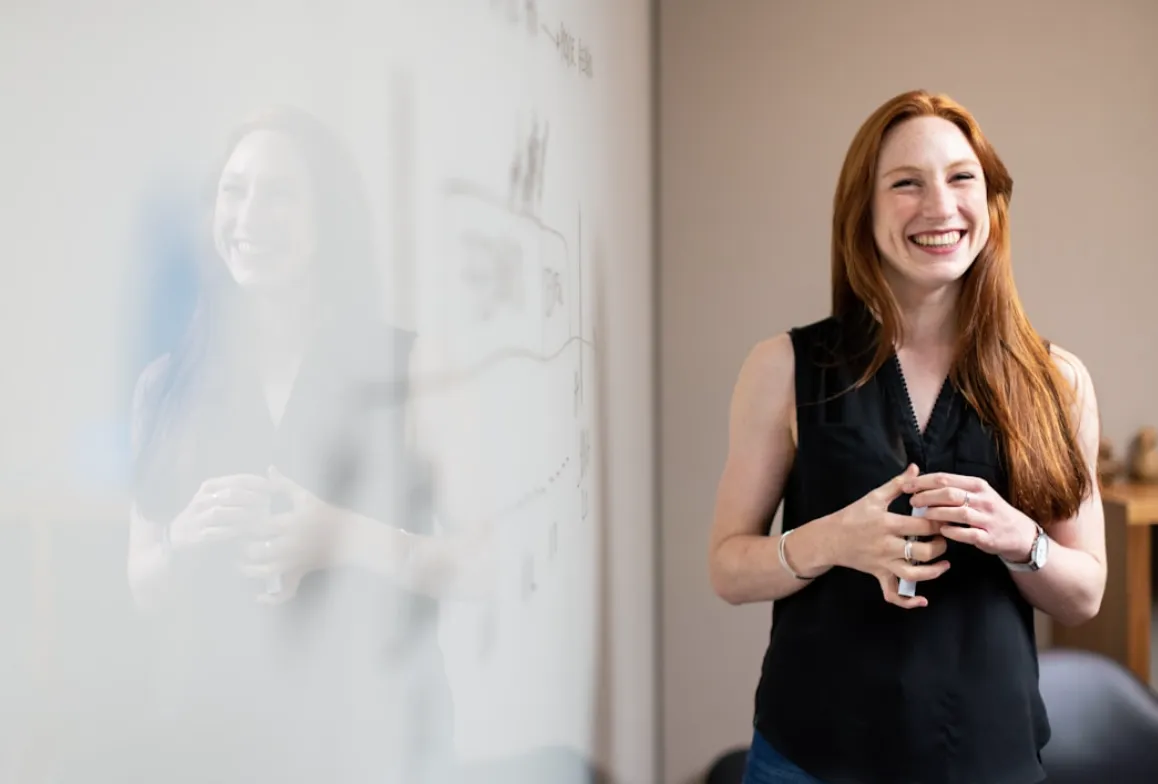
How Can Agents Transfer Knowledge Effectively to Others?
You have built a successful real estate career on years of hard-won experience. You know which neighborhoods are hot, how to negotiate like a pro, and how to calm an anxious first-time buyer. But that incredible knowledge is often stuck inside your head, and you might be wondering how can agents transfer knowledge effectively to others on their team.
Your team looks to you for everything, which is great until you want to take a vacation or focus on strategy. You are trying to grow your business, but you feel like the bottleneck because you cannot be in two places at once. The secret to real growth is not just closing more deals yourself; it is learning how to share knowledge and empower your team.
Unlock your potential with AI-powered solutions tailored to your real estate needs. Save time, grow faster, and work smarter. Schedule your discovery session now atlesix.agency/discovery.
Why Sharing Knowledge Is A Game-Changer
How can agents transfer knowledge effectively to others? Passing on what you know is a strategic move that strengthens your entire operation. When you focus on sharing knowledge, you build a powerful team culture where agents feel supported and valued.
This kind of environment reduces turnover because people want to work where they can grow and build knowledge. It also gives clients a better experience. When every agent on your team is equipped with the same high standards and proven methods, clients get consistent, top-tier service.
They are not just hiring an agent; they are hiring a team with a deep well of collective knowledge. Organizations that transfer knowledge effectively are less likely to risk losing valuable insights when a top agent leaves. This knowledge helps create a stable foundation for long-term success and growth.
Start with a Culture of Openness
Before you create any training programs, you need the right environment for the transfer process to succeed. Knowledge will not spread in a culture of secrecy or internal competition. You have to build a space where sharing expertise is the default.
The best way to do this is to lead by example. Talk openly about your own challenges and what you learned from a deal that went sideways. When a leader is vulnerable, it gives others permission to do the same, fostering a healthy knowledge-sharing culture.
Make it clear that there are no stupid questions, which encourages employees to ask for help. New agents are often afraid to speak up for fear of looking inexperienced. A supportive culture encourages curiosity, which is the fuel for continuous learning and helps employees learn from each other's experiences.
How Can Agents Transfer Knowledge Effectively to Others? Practical Methods
Once you have set the stage, you can start using specific techniques to move information from one person to another. The most effective knowledge transfer process uses a blend of different approaches. This allows people to learn in ways that work best for them.

A Solid Mentorship Program
Pairing a seasoned agent with a newer one is a classic method for a reason. But a successful mentorship needs more than just telling two people to talk. It requires structure and a clear knowledge transfer plan.
Define what the mentorship should accomplish. What skills should the new agent have in three months or six months? This creates a clear roadmap for the transfer of critical knowledge and helps both parties stay on track.
Mentorship goes beyond simple observation. Studies on workplace learning show that structured programs that include goal setting and regular feedback are far more successful. Schedule regular one-on-one meetings to discuss progress, challenges, and goals, which helps impart knowledge on a personal level.
Document Everything with Living SOPs
Standard Operating Procedures, or SOPs, are your team's playbook. They should not be a dusty binder on a shelf. They need to be a living, breathing resource that your team uses to capture knowledge and transfer work with maximum efficiency.
A great transfer document goes beyond text. Use videos to show how to use your CRM or walk through a specific form. Screenshots and checklists are also great for breaking down complex processes into easy steps, making knowledge easy to digest.
Get the whole team involved in keeping the SOPs current. If an agent finds a better way to do something, encourage them to update the knowledge transfer document. This practice makes everyone an owner of the team's collective brain and promotes employee engagement in the knowledge management process.
Shadowing and Active Role-Playing
Some things cannot be learned from a manual. A new agent needs to see how you handle a tense negotiation or build rapport at an open house. This is where work shadowing comes in, a key part of any effective knowledge transfer program.
Let new agents listen in on your client calls or join you for listing presentations so they can absorb the nuances of your communication style. It is a powerful form of passive learning for transferring tacit knowledge, which is often unwritten expertise. Active practice through role-playing is equally important for building confidence.
Walk through common scenarios, like handling a lowball offer or explaining a complicated inspection report. This builds muscle memory and confidence before they face the real thing with a client. These transfer activities are invaluable for preparing your team for real-world challenges.
Huddles That Spark Real Learning
Team meetings can easily become a boring rundown of status updates. Instead, turn them into dynamic training sessions. A short daily or weekly huddle can be a place for powerful group learning.
Dedicate time in each meeting to a case study. An agent can present a tricky situation they are dealing with, and the team can brainstorm solutions together. This simple exercise transfers years of varied experience in minutes, which is a highly effective way to distribute knowledge.
These discussions solve immediate problems and also build a shared pool of internal knowledge. An agent who has never dealt with a title issue can learn from someone who just went through it. This collective problem-solving through ideas knowledge transfer is what makes a team truly powerful.
Comparing Knowledge Transfer Methods
Different methods are suited for different types of knowledge. Tacit knowledge is the intuitive, experience-based wisdom that is hard to write down, while explicit knowledge can be easily documented and shared. Here is a breakdown of which methods work best for each.

A successful transfer plan incorporates a mix of these techniques. By using various transfer tools, you accommodate different learning styles. This approach ensures a more complete and effective knowledge transfer process.
Use Technology to Your Advantage

You cannot be everywhere at once, but technology can help you scale your knowledge-sharing efforts. The right knowledge transfer tools can make your team's expertise available 24/7. This helps everyone become more self-sufficient and capable, and it helps ensure the knowledge management process runs smoothly.
Create a Central Knowledge Base
Think of it as your team's own internal search engine. A central knowledge base is a place where anyone can go to find answers. This saves you from answering the same questions over and over and lets employees access knowledge on their own time.
You can use platforms like Google Drive, Notion, or a specialized wiki tool for your internal knowledge base. Store everything here: marketing templates, presentation scripts, contract clause explanations, and your preferred vendor list. When a resource is easy to find, people will use it.
Organize the information logically so it is simple to browse. A well-structured knowledge base empowers agents to find solutions independently. This builds their confidence, frees up your time, and is essential for creating knowledge that is easily accessible.
Record and Reuse Training Content
Every time you host a training session, you should record it. This builds an invaluable library of educational content over time. It is one of the most efficient ways to get information to your team and is a cornerstone of an effective knowledge transfer process.
Did a new agent miss the workshop on running comparative market analyses? No problem, just send them the recording. They can watch it on their own schedule and review it as many times as they need, which promotes continuous learning.
This approach respects everyone's time and is excellent for capturing critical knowledge. A good library of past trainings is a massive asset for onboarding new team members. It also helps with the efficiency knowledge transfer provides to your organization.
How Do You Know if It's Working?
Transferring knowledge is great, but you need to know if your efforts are paying off. Measuring the impact helps you refine your transfer program. It tells you what to do more of and what to change to achieve maximum efficiency.
Start by tracking some key performance indicators to evaluate success. Look at the time it takes a new agent to close their first independent deal. Also, track the number of errors on paperwork over time; a decrease is a good sign that your knowledge transfer work is effective.
Feedback is just as important as data. Regularly ask your team what is working and what is not. You can use survey tools to get honest opinions on your training and mentorship programs, which can help you adjust your strategies.
Conclusion
Building a successful real estate business is about more than your personal sales record; it is about building a system and a team that can thrive. Answering the question of how can agents transfer knowledge effectively to others is the bridge from being a great agent to being a great leader. It helps prevent the risk of losing valuable knowledge and strengthens your entire operation.
By creating a culture where employees share information and using a mix of structured methods and technology, you can duplicate your success across your entire team. This creates a stronger business, happier clients, and a legacy that goes far beyond your own career. Your focus on effective communication and sharing valuable knowledge will be the foundation of your team's growth and success.
Ready to take your real estate success to the next level? Schedule your discovery session today atlesix.agency/discovery. Stay ahead with tips and insights—subscribe to our newsletter atlesix.agency/newsletter.

